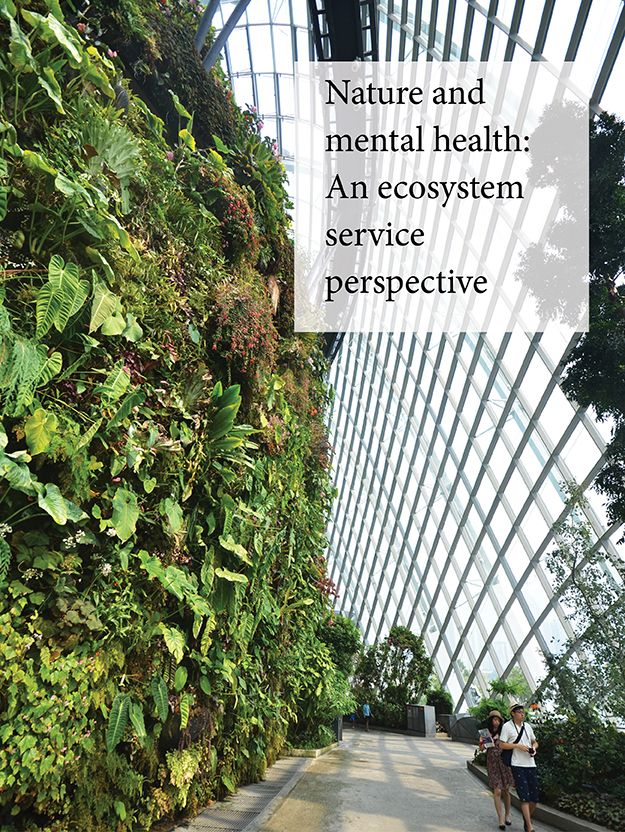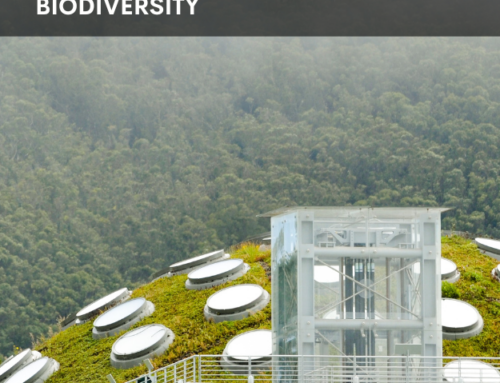Nature and Mental Health

Human well-being is linked to the natural environment in myriad ways, and actionable understanding of these links is deepening in diverse disciplines (1–3). Many of the contributions of living nature (diversity of organisms, ecosystems, and their processes) to people’s quality of life can be referred to as “ecosystem services.” They in- clude water purification, provision of food, stabilization of climate, protection from flooding, and many others (2). Worldwide, major efforts are underway to bring ecosystem services and their values into policy, finance, and management (4–6).
These efforts rely increasingly upon models that relate scenarios of change in ecosystems to change in the provision of services (7), and they have been adopted on an international scale. For example, the Natural Capital Project’s InVEST models (for Integrated Valuation of Ecosystem Services and Tradeoffs) are being used in 185 countries around the world (6). The InVEST models are based on production functions that define how changes in an ecosystem’s composition, configuration, and function are likely to affect the flows and values of ecosystem services across a landscape or seascape. They are open source and are being tested and adapted through a broad network. In some areas, such as in hydrology, this modeling is advanced and builds upon decades of work, although challenging frontiers remain (8). In other areas, such as pollination services for agriculture and human nutrition (9), the modeling and its empirical basis are in com- paratively early stages of development. These models are designed to be used in an ensemble to estimate change in multiple ecosystem services. To date, these modeling and decision-making efforts have focused predominantly on services tied to biophysical dimensions of Earth’s life-support systems and more recently on cultural services (10). However, relatively little attention has been given in the field of eco- system services to the ways in which nature experience directly af- fects human mental health (see Box 1 for our definitions of “nature” and “nature experience”), with a few important exceptions (11). This omission is particularly concerning in light of indications that mental illness accounts for a substantial proportion of suffering in all re- gions of the world (12). The fraction of the total global burden of disease (GBD) attributable to mental illness has recently been estimated to be as high as 32% of total years lived with disability (YLD) (13) and 13% of disability-adjusted life-years (DALYs), on par with car- diovascular and circulatory diseases (13). It is important, therefore, to determine the degree to which nature experience might lessen this burden— and to integrate these effects into ecosystem service assessments.





